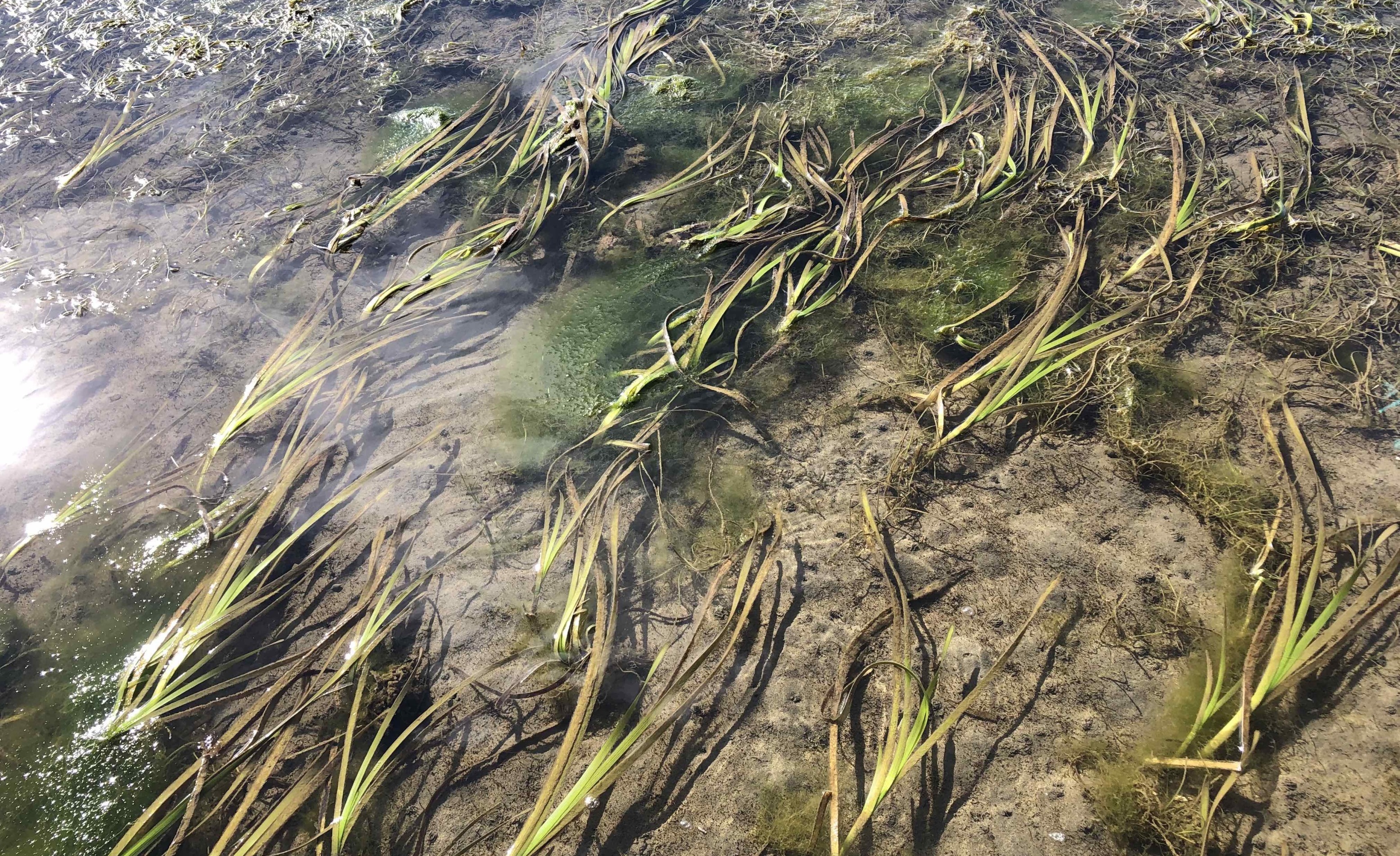
03 • 30 • 2022
Washington Kelp Forest & Eelgrass Meadow Conservation & Restoration
Goal: To conserve and restore at least 10,000 acres of kelp forests and eelgrass meadows along the Washington Coast by 2040.
Victory!! On March 30th, Washington Governor Jay Inslee signed SB 5619 into law, and it will go into effect on June 9th, 2022. Thanks to the leadership of State Senator Liz Lovelett, the bill passed the Senate with unanimous support, and received only one vote in opposition in the House. The bill was requested by the Washington Department of Natural Resources (DNR), who has been tracking long-term trends of kelp forests and eelgrass meadows and has identified areas of concerning losses for both habitats. In particular, bull kelp in South and Central Puget Sound regions declined by more than 90% in the last 150 years, according to recent analyses. Eelgrass meadows in the San Juan Islands have seen severe declines as well in just the last 20 years.
Changes in the abundance or distribution of these habitats likely reflect changes in environmental conditions and will require collective action across partnering agencies, Tribes, organizations, and communities to support future ecosystem health. As a resut of this legislation passing, DNR will lead a collaborative planning process to proactively assess and prioritize areas for coordinated conservation and restoration activities of kelp forests and eelgrass meadows throughout the Puget Sound and along the Washington Coastline. This process would fulfill and build upon the next critical steps highlighted in existing regional plans for kelp forests and eelgrass meadows (Puget Sound Kelp Conservation and Recovery Plan and the Puget Sound Eelgrass Recovery Strategy).
Kelp forests and eelgrass meadows are diverse and productive nearshore ecosystems, providing critical habitat for a wide array of marine life, including threatened and endangered species such as salmon, rockfish, and abalone. These marine forests and meadows play an important role in climate mitigation and adaptation by sequestering carbon and reducing ocean acidification. In addition to these ecological benefits, kelp and eelgrass have important cultural value to Northwest Tribal Nations, playing a prominent role in traditional fishing, hunting, and food preparation and storage.
All of the Washington Surfrider Foundation Chapters supported this legislation in various ways, from phone banking their State Reps and Senator, signing in pro during hearings, to sharing calls to action on their social channels. Additionally, WA Surfrider staff provided oral testimony in support of the bill during committee hearings and highlighted the importance of being inclusive in monitoring and conservation of kelp and eelgrass on the outer coast, and Grays Harbor and Willapa Bay estuaries. Partners in this effort included Washington Department of Natural Resources, Seattle Aquarium, Puget Sound Restoration Fund, Washington Sea Grant, and others.
Media Coverage: Shrinking WA Kelp and Eelgrass beds draw legislative attention. Crosscut
